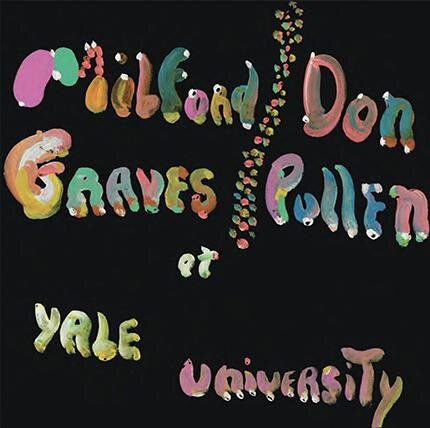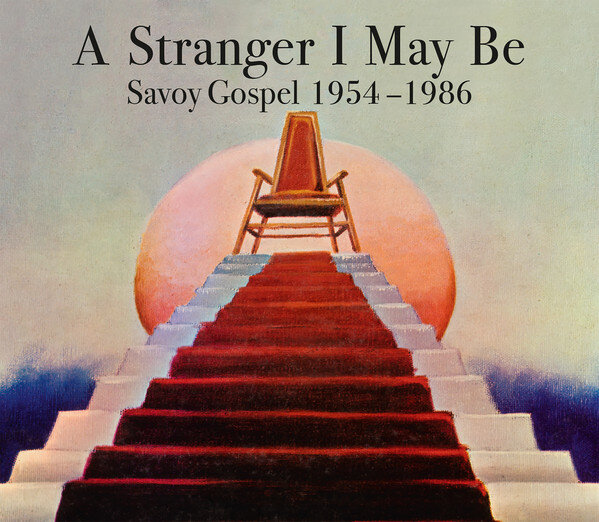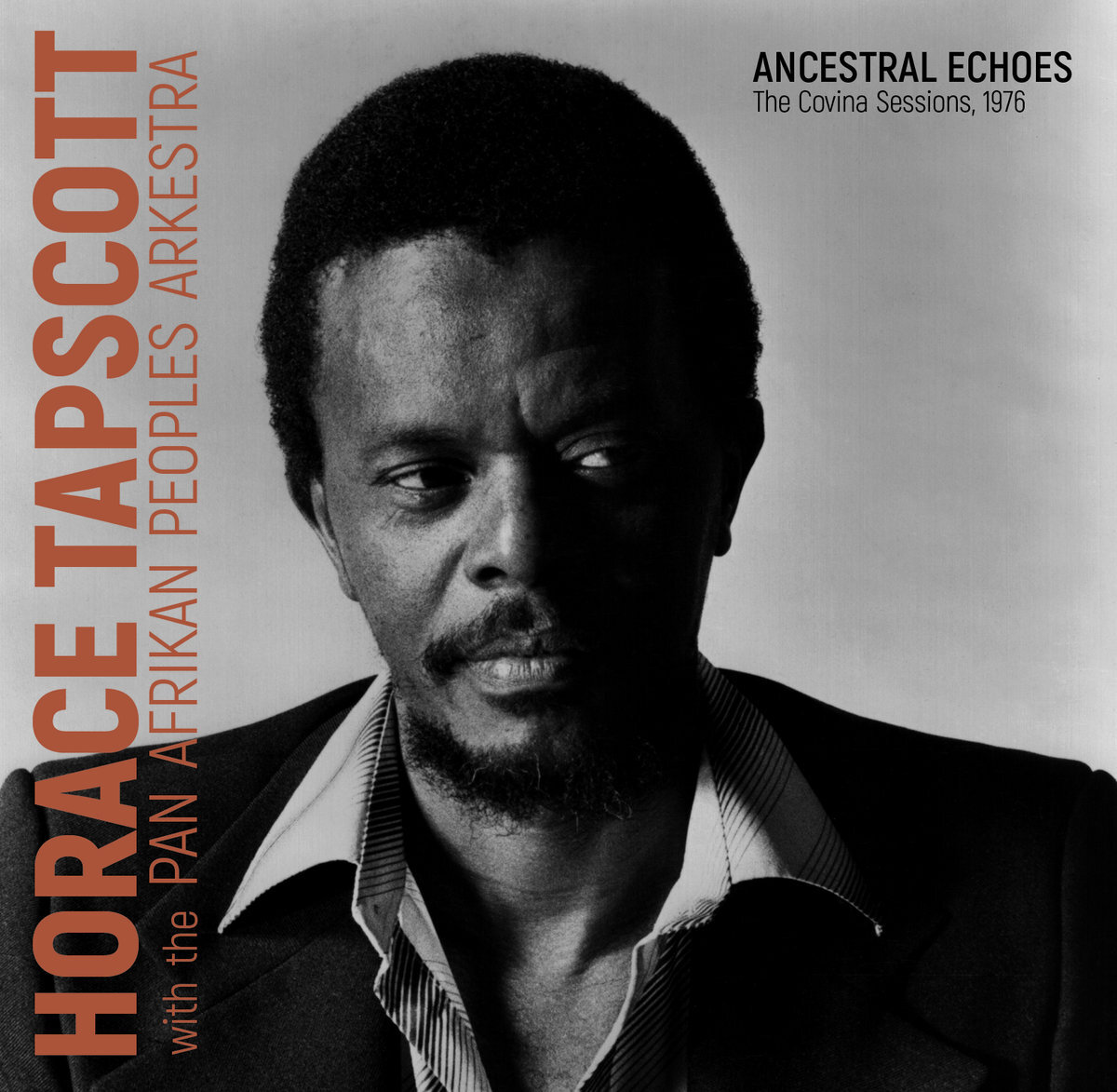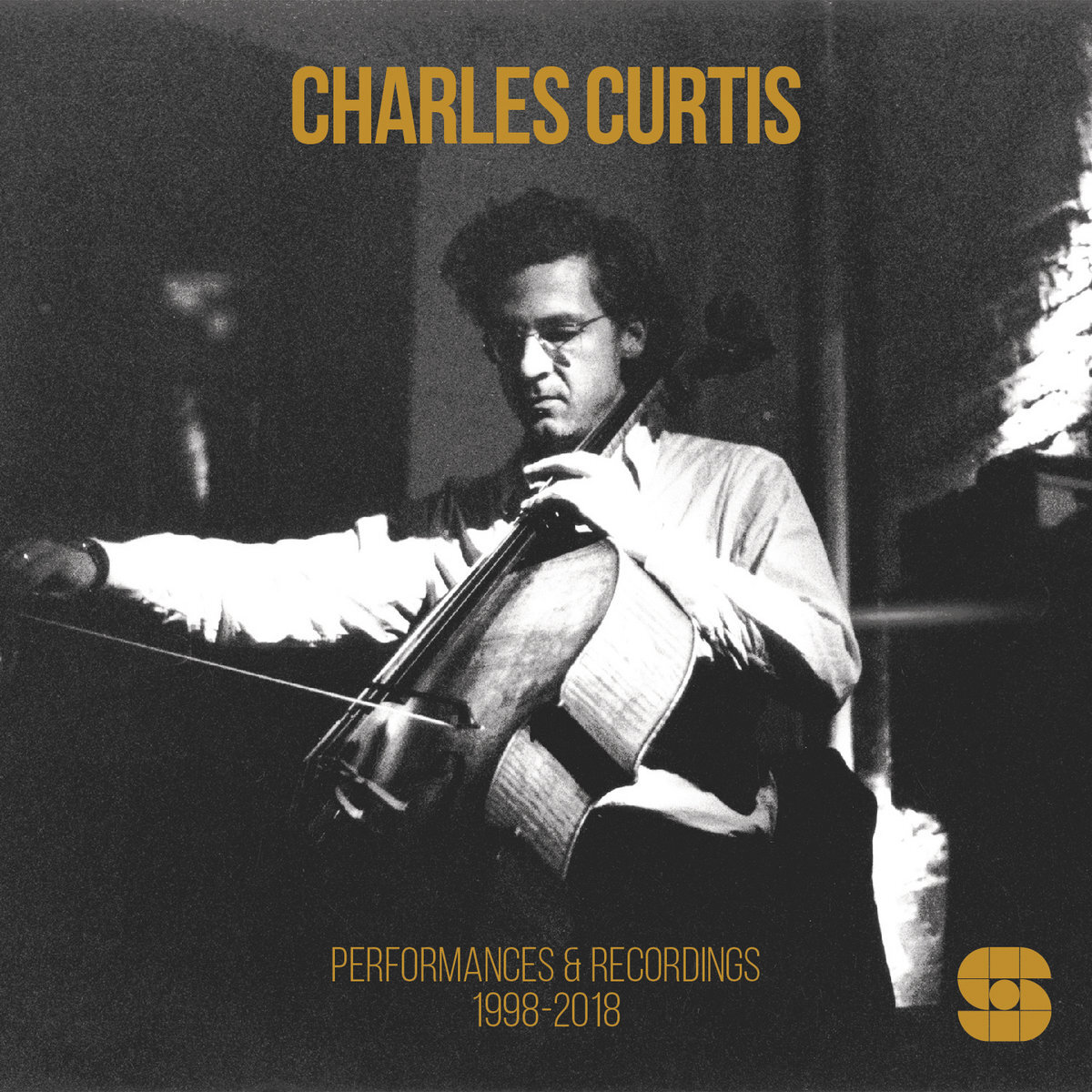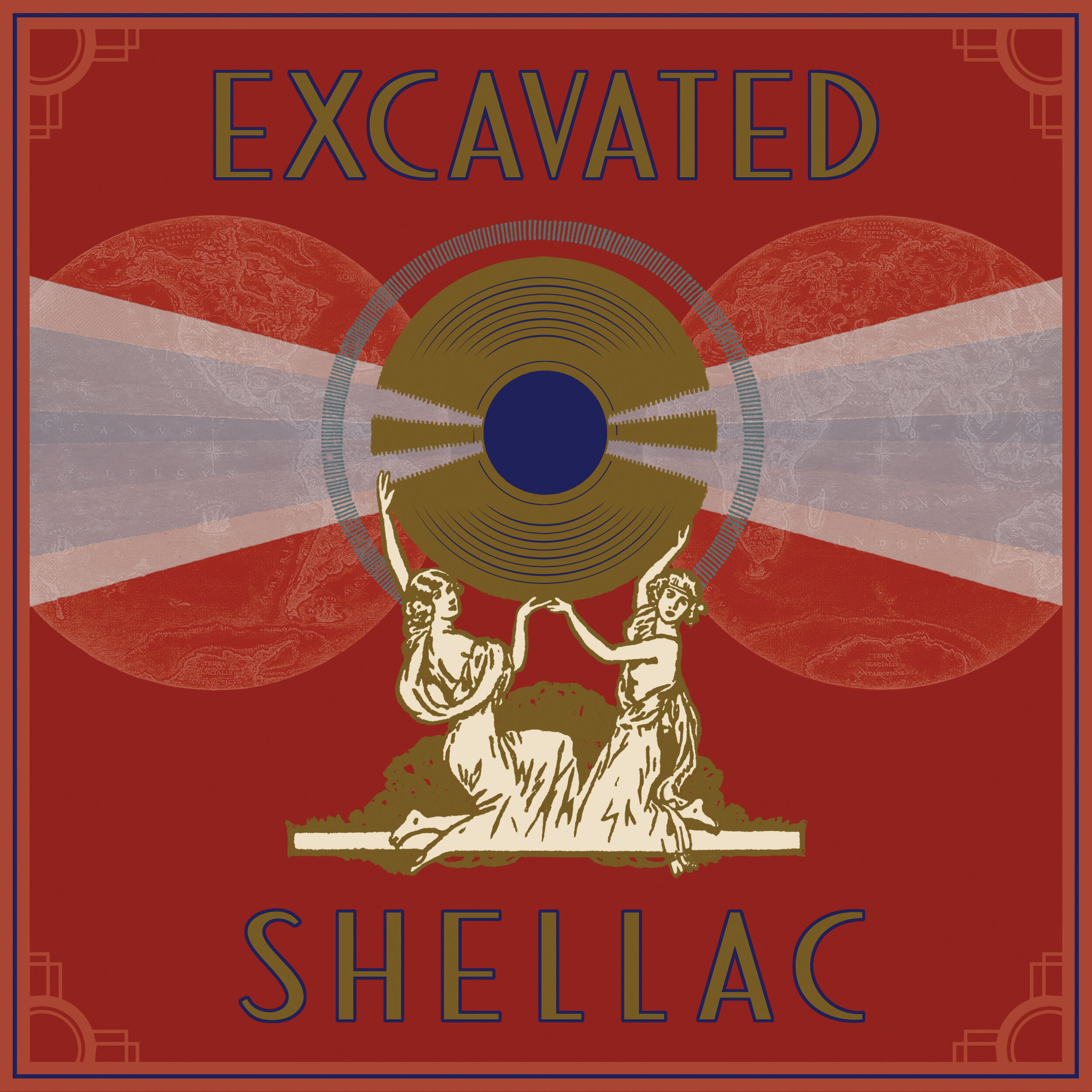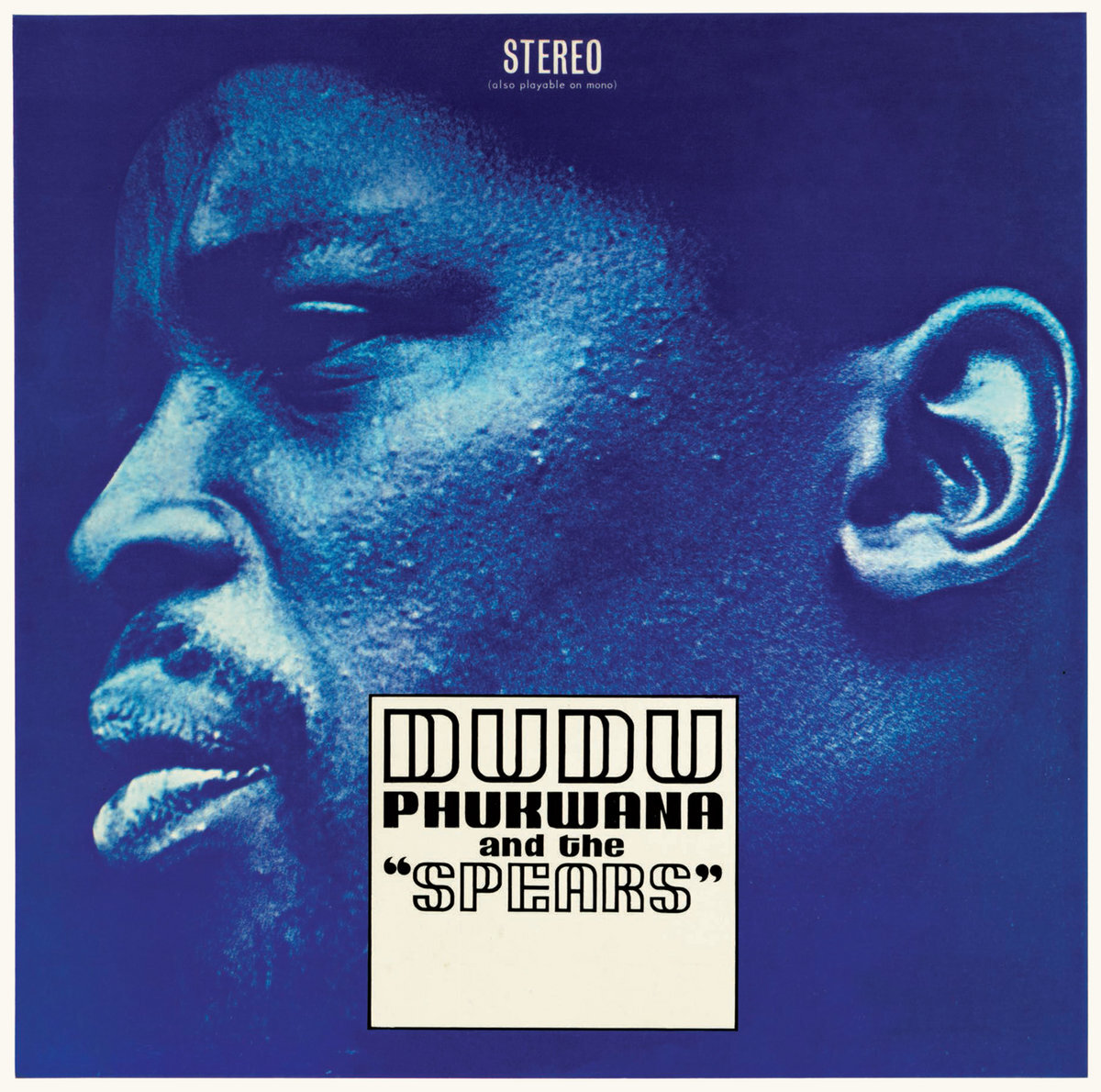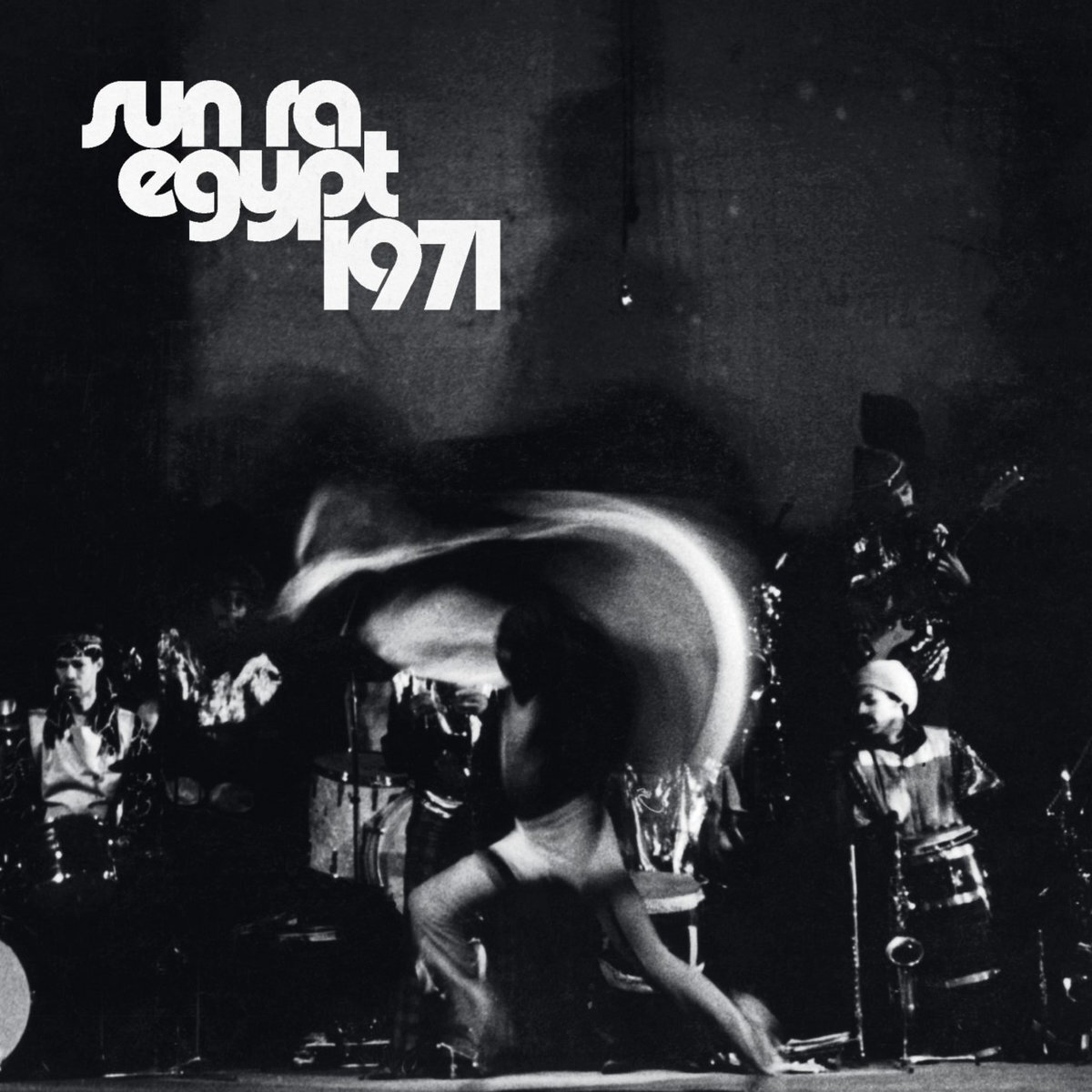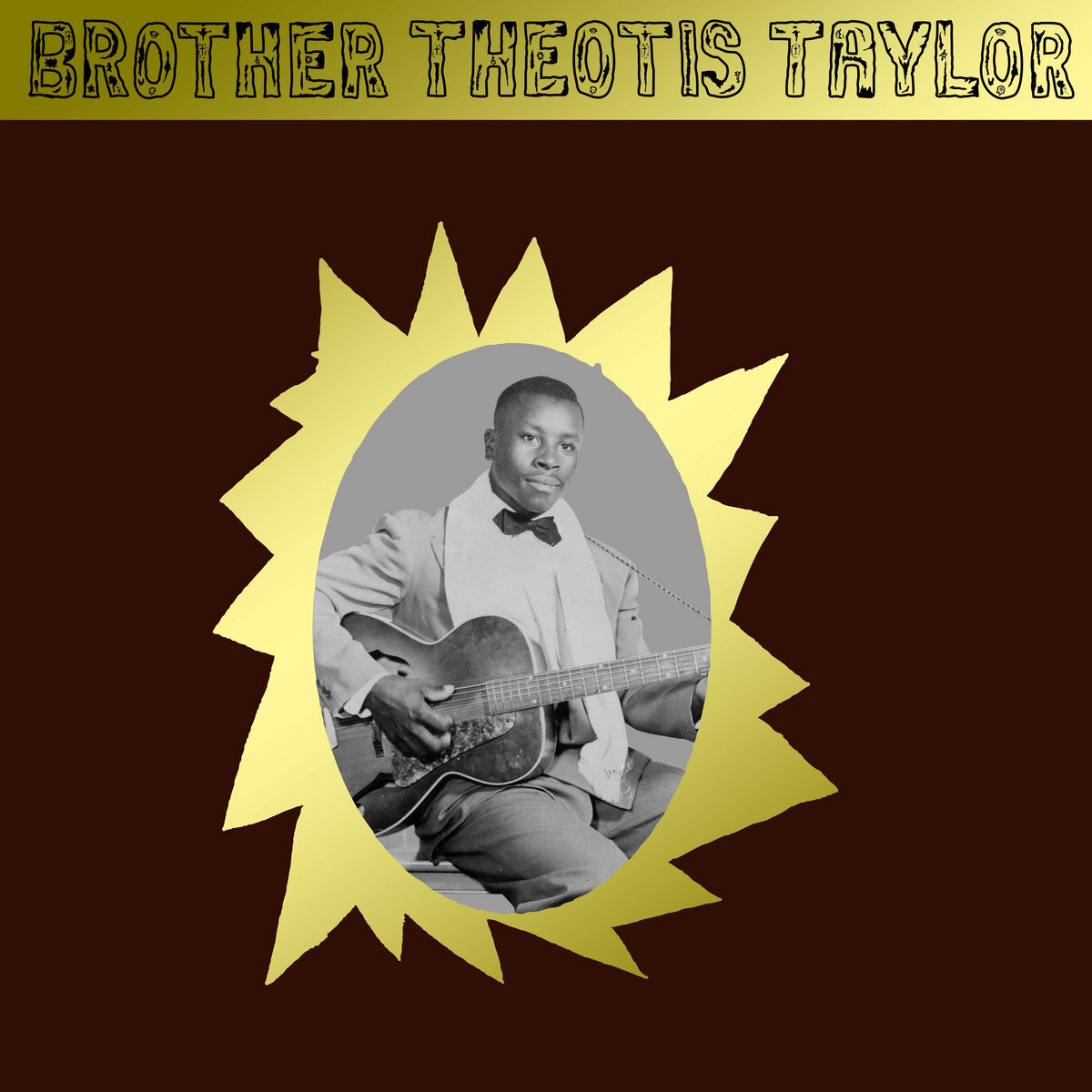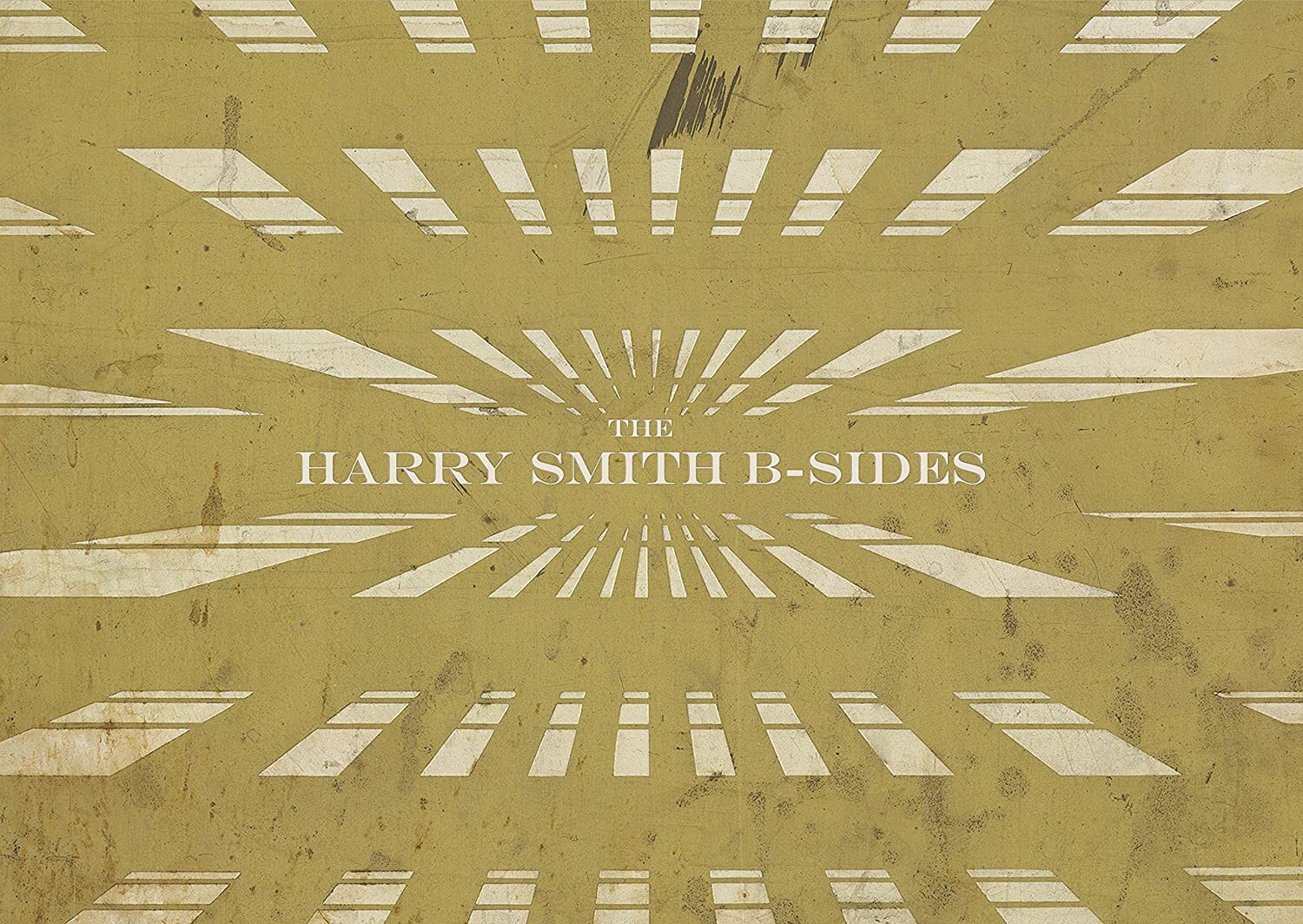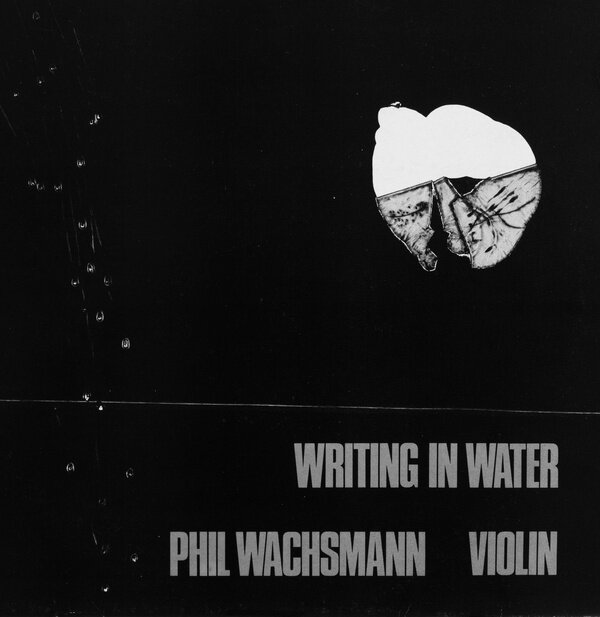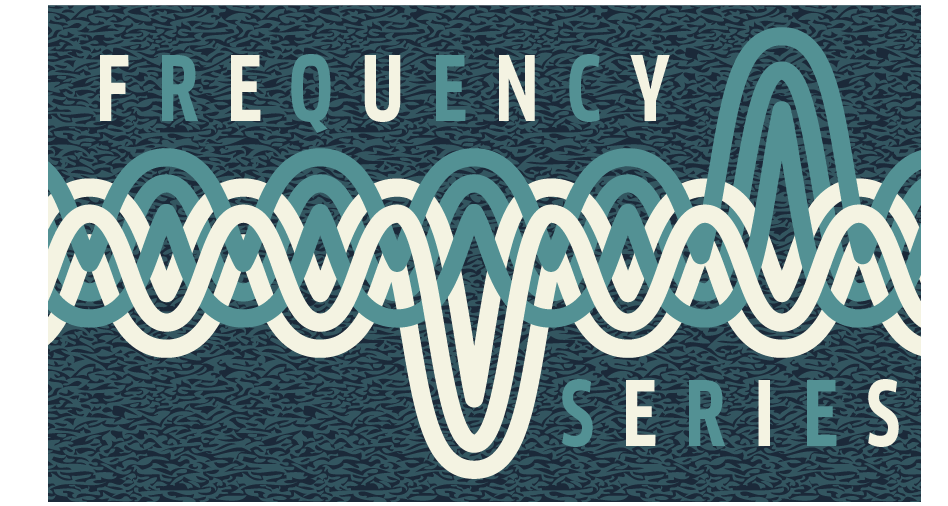My Favorite albums of 2020—part 5
Two weeks into the new year I can’t really collate, let along gather, my thoughts on 2020 apart from hoping that we’ve been experiencing an anomalous nightmare, and that we won’t have to live through such a protracted shitshow for too much longer. I got by just fine, apart from chronic cabin fever—generously ameliorated by the humor, perspective, and kindness of the person who has been cooped-up with me—but like everyone else, I knew and witnessed difficulties visited upon many friends, relatives and acquaintances. 2021 doesn’t really feel much different this far, except we’ve been living with this reality long enough to have internalized and become accustomed to its challenges. But I do feel guardedly optimistic that we’ll be able to return to many of the now-impossible things that once brought us everyday joy. I’m happy to turn the page of the calendar, even if January looks like just December, more or less. Below is a list of my favorite reissues and archival releases from 2020, followed by some honorable mentions—that is, another 21 albums I’ve enjoyed, many of which could have appeared on the previous countdown if I had woken up on the other side of the bed one particular morning.
Before getting those lists, though, I did want to call out the best music book I read in 2020: European Echoes: Jazz Experimentalism in Germany 1950-1975 (Wolke), by Harald Kisiedu. The author is a musician and scholar who’s fastidious research provides a much fuller picture of the development of a distinctly European aesthetic and sound that most histories I’ve seen. Focusing on Peter Brötzmann, Alexander von Schlippenbach & Manfred Schoof, and Ernst Ludwig-Petrowsky, Kisiedu expanded my understanding of how the music emerged and mutated, looking beyond simple European vs. African-American binaries, thumbnail narratives, and cliched reductions. His access to and assimilation of German language documents not usually referenced in English-language research on this subject sets his work apart. He’s definitely rooted in academia, but his scholarly rigor doesn’t inhibit easy engagement from the complex matrix of historical collisions and conflicts he traces out. Like the best books about music, Kisiedu regularly had me looking up records and dates online, driving me to explore further and get excited about both recordings I already loved and others I’ve never heard.
Best Reissues and Archival releases of 2020:
Milford Graves & Don Pullen, The Complete Yale Concert (Corbett vs. Dempsey/S.R.P.)
Essential coupling of two insanely rare duo albums from a 1966 concert at Yale University: Pullen at his most ferocious and probing, Graves making a huge step in establishing his radical approach to polymetric movement.
Various artists, A Stranger I May Be: Savoy Gospel 1954-1986 (Honest Jon’s)
An invaluable, overdue contemporary look at the voluminous, influential gospel output at Savoy Records, a label still known best for its paradigm-setting bebop and R&B recordings starting in 1943. In the end, it was gospel that sustained the label for decades, and while the first disc, featuring music from 1954-1966 falls into the classic small group sound that’s been duly celebrated in the secular realm, the second two discs focus on later music that’s largely ignored by the same universe. I don’t like it all, but it’s remarkably consistent, and some of the later stuff has surprised me. The set features terrific liner notes by Chicago gospel authority Bob Marovich, who possesses the sort of wide view such an ambitious set requires.
Charles Curtis, Performances & Recordings 1998-2018 (Saltern)
A close associate of La Monte Young, Alvin Lucier, and Éliane Radigue, cellist Charles Curtis has established himself as one of the major American instrumentalists in experimental music—particularly in the realm of tuning, durational pieces, and psychoacoustics. But in his decades as a working musician he’s performed in many other contexts, whether in New York’s underground rock scene in the ‘80s or playing standard classical repertoire. This astonishing 3-CD set casts a wonderfully broad net on those disparate activities while subtly arguing for continuity between them. (from Bandcamp Daily)
Horace Tapscott and the Pan Afrikan Peoples Arkestra, Ancestral Echoes: The Covina Sessions, 1976 (Dark Tree)
Recordings made in a sub-par studio and deemed un-releasable; four extended pieces cut by Tapscott and his remarkable Pan-Afrikan Peoples Arkestra. Two of the pieces were written by ensemble members—evidence of a blossoming of talent within his community — and all of them explode with orchestral richness and rhythmic genius. This stuff could fit into the current spiritual jazz vogue, but there’s so much more at work. Archival jazz discovery of the year. (from the Quietus)
Various artists, Excavated Shellac: An Alternate History (Dust-to-Digital)
Jonathan Ward’s Excavated Shellac has been an invaluable online stop, an ever-growing repository of global music released on commercial 78 RPM records, with a goal of “growing an egalitarian collection of music that focused solely on underrepresented vernacular recordings on that fragile medium of shellac discs.” He’s partnered with Dust-to-Digital on several superb, thematic compilations, but this digital-only endeavor comes closer to capturing the spirit of his blog, assembling 100 tracks that hopscotch all over the world, producing strange transitions, but guided by Ward’s erudite but informal scholarship.
Dudu Pukwana, Dudu Phukwana and the “Spears” (Matsuli Music)
An ebullient 1968 session, the first by the saxophonist as a leader and a crucial piece of Blue Notes history. Half of it was released on an impossibly rare South African album, the other half previously unissued, and while it all lacks the concentrated heat that would emerge by In the Townships, the amiable grooves are hard to resist.
Sun Ra, Egypt 1971 (Strut/Art Yard)
Half of the music on the staggering 4-CD set Egypt 1971 has been released previously on insanely hard-to-find albums from the early 1970s, while two additional CDs contain unissued material. Most of the material was recorded by drummer Tommy “Bugs” Hunter, who had helped formulate the ubiquitous reverb that doused so many Arkestra recordings, during a visit to Egypt in December of 1971, a side trip following a European tour.
Brother Theotis Taylor, Brother Theotis Taylor (Mississippi)
Homemade reel-to-reel recordings made in the 1970s by the Georgia gospel singer and pianist reinforce the influence of Sam Cooke, whom Taylor once shared some stages with, but on most of the tracks he’s all his own. Intimate, raw, and locked in.
Various artists, The Harry Smith B-Sides (Dust-to-Digital)
An extravagant salute to the enduring power of Harry Smith’s Anthology of American Folk Music, this four-CD set from the dedicated folks at Dust-to-Digital delivers its titular promise, arranging the flipsides of the 84 78 RPM records featured in the original set, in the same sequence. The music is terrific, but it reinforces Smith’s curatorial instincts; these songs were blessed by proximity to the ones he painstakingly curated and sequenced, and, in general, these not as strong as the ones he’s chose. Label founder Lance Ledbetter provides a loving homage to Smith and the culture that’s preserved and expanded the appreciation for the music.
Phil Wachsmann, Writing In Water (Corbett vs. Dempsey/Bead)
Two fascinating and very different versions of the title piece, with resourceful electronic manipulations of his instrument that help the extended work wend through minimalist rapture, pointillistic sound showers, and patient transformation. Definitely not “jazz” in any sense, but Wachsmann certainly helped blaze the trail that’s led to an increasing amount of improvisation, finding its way into contemporary music, making overlooked connection points apparent more than 35 years after the fact. (from the Quietus)
Honorable Mentions: here are another 20 recordings that brought me pleasure, confusion, expansion, and peace this year.
Steve Dawson & Funeral Bonsai Wedding, Last Flight Out (Kernal Sound Emporium)
Sheriffs of Nothingness, An Autumn Night at the Crooked Forest—four fireplaces (in reality only one) (Sofa)
Hen Ogledd, Free Humans (Weird World)
Sally-Anne Morgan, Thread (Thrill Jockey)
Maria Kannegaard Trio, Sand I en vik (Jazzland)
Run the Jewels, RTJ4 (BMG)
Kevin Morby, Sundowner (Dead Oceans)
Bill Callahan, Gold Record (Drag City)
Mentos Gulgendo, Mentos Gulgendo (Endless Happiness)
Marissa Anderson & Jim White, The Quickening (Thrill Jockey)
Peter Evans, Being & Becoming (More is More)
Fleet Foxes, Shore (Anti)
Bellows, Undercurrent (Black Truffle)
Mara Rosenbloom Trio, Respiration (Fresh Sound New Talent)
Tim Stine Trio, Fresh Demons (Astral Spirits)
Erlend Apneseth, Fragmentarium (Hubro)
Catherine Lamb, Prisma Interius VII & VIII (Sacred Realism)
Catherine Lamb, Wave/Forming (Astrum) (All That Dust)
Peter Zinovieff & Lucy Railton, RFG Inventions for Cello and Computer (PAN)
Christian Wallumrød Ensemble, Many (Hubro)
Jim O’Rourke, Shutting Down Here (GRM Portraits)
Today’s playlist:
Dinosaur, Wonder Trail (Edition)
Ferran Fages, Detuning Series for Guitar (Edition Wandelweiser)
NRBQ, NRBQ (Omnivore/Columbia)
Alexander Melnikov, Four Pianos, Four Pieces (Harmonia Mundi)
Jessica Moss, Entanglement (Constellation)
